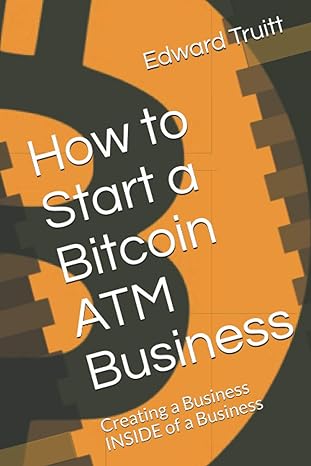Question
Earlier this week the Big Game Lottery jackpot hit $351 million. The winner(s) will get $13.5 million a year for 26 years (with the first
Earlier this week the Big Game Lottery jackpot hit $351 million. The winner(s) will get $13.5 million a year for 26 years (with the first payment at time zero). But the winner(s) will have to pay income taxes. After taxes, if there is a single winning ticket, the winner can choose a one-time payoff of $114 million or $8.9 million a year for 26 years (with the first payment at time zero).
1. What is the embedded rate of return associated with the two alternative modes of payoff?
2. Assume you won the Big Game Lottery and wanted a payoff over time. If you thought you could earn 5 percent after-tax on invested funds, would you rather take the one-time $114 million or the $8.9 million per year? Why?
(Show the steps please)
Step by Step Solution
There are 3 Steps involved in it
Step: 1

Get Instant Access to Expert-Tailored Solutions
See step-by-step solutions with expert insights and AI powered tools for academic success
Step: 2

Step: 3

Ace Your Homework with AI
Get the answers you need in no time with our AI-driven, step-by-step assistance
Get Started


